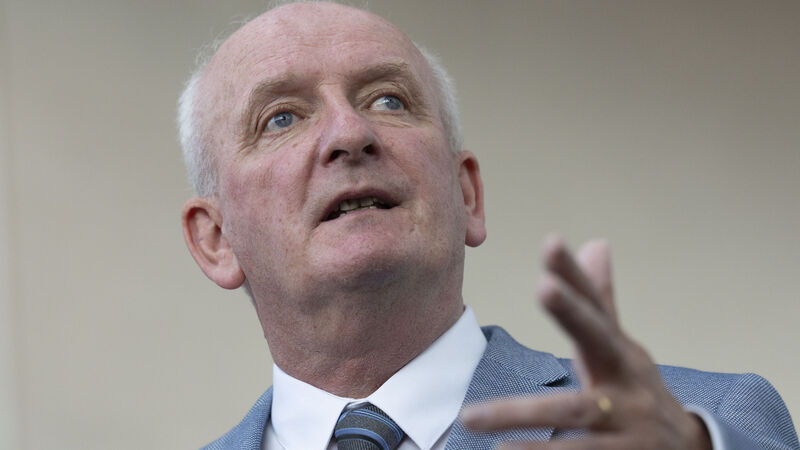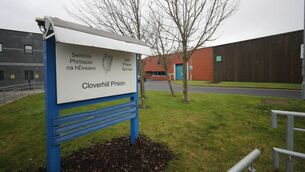'Nobody said stop': HSE paid €15m to now-defunct firm without a contract for respiratory sensors

Bernard Gloster described the non-compliant procurement issue as being 'one of the most defining collapses of corporate governance you could imagine'. File photo: Sam Boal/Collins Photos
The HSE paid out €15m to a company without a contract for the provision of respiratory sensors, the Public Accounts Committee (PAC) has heard.
In a tense hearing with HSE senior officials, including outgoing chief executive Bernard Gloster, who described the non-compliant procurement issue — which saw up to a €7m loss incurred in terms of overpayments to a company in liquidation — as being “one of the most defining collapses of corporate governance you could imagine”.













